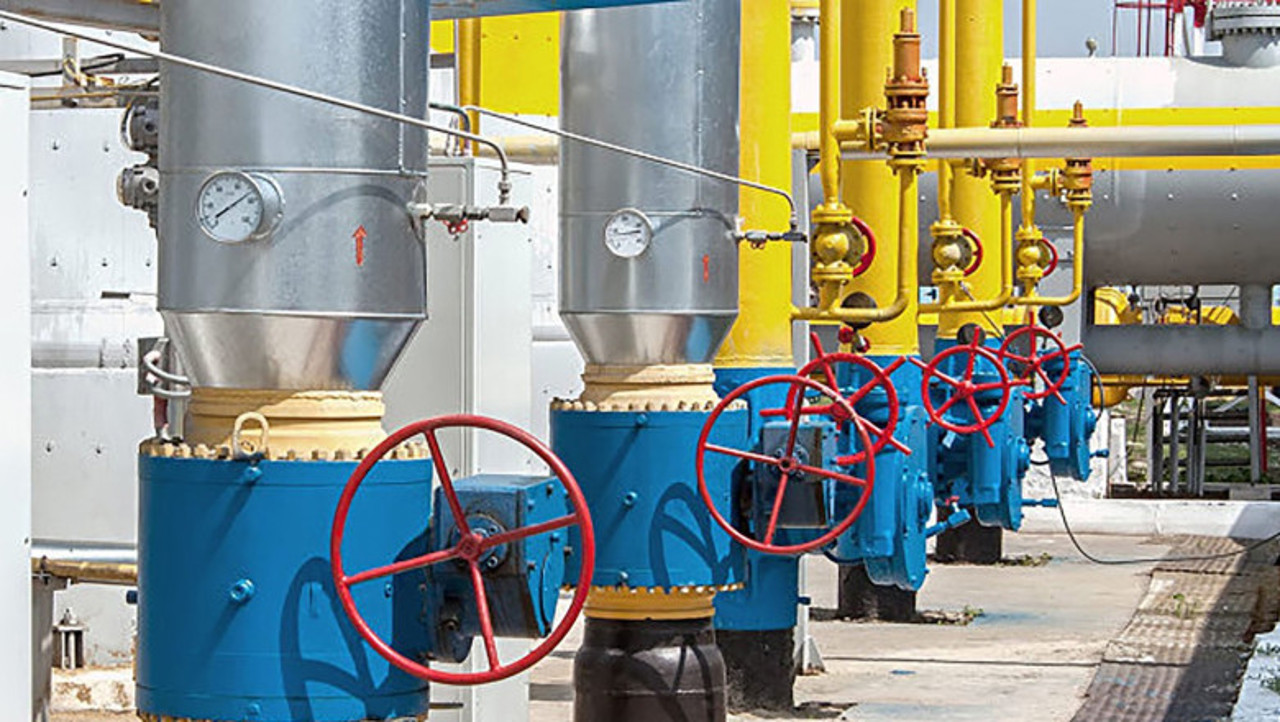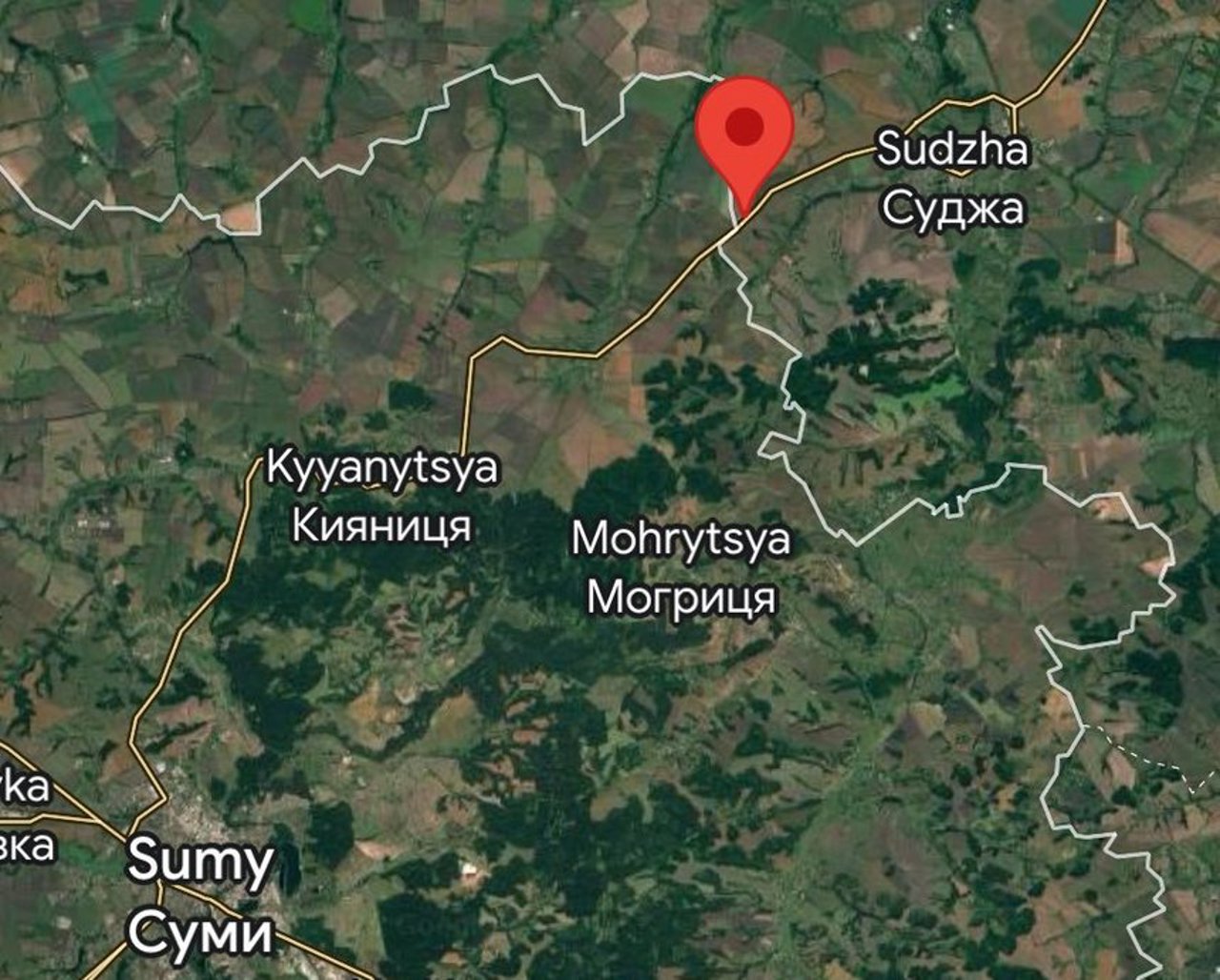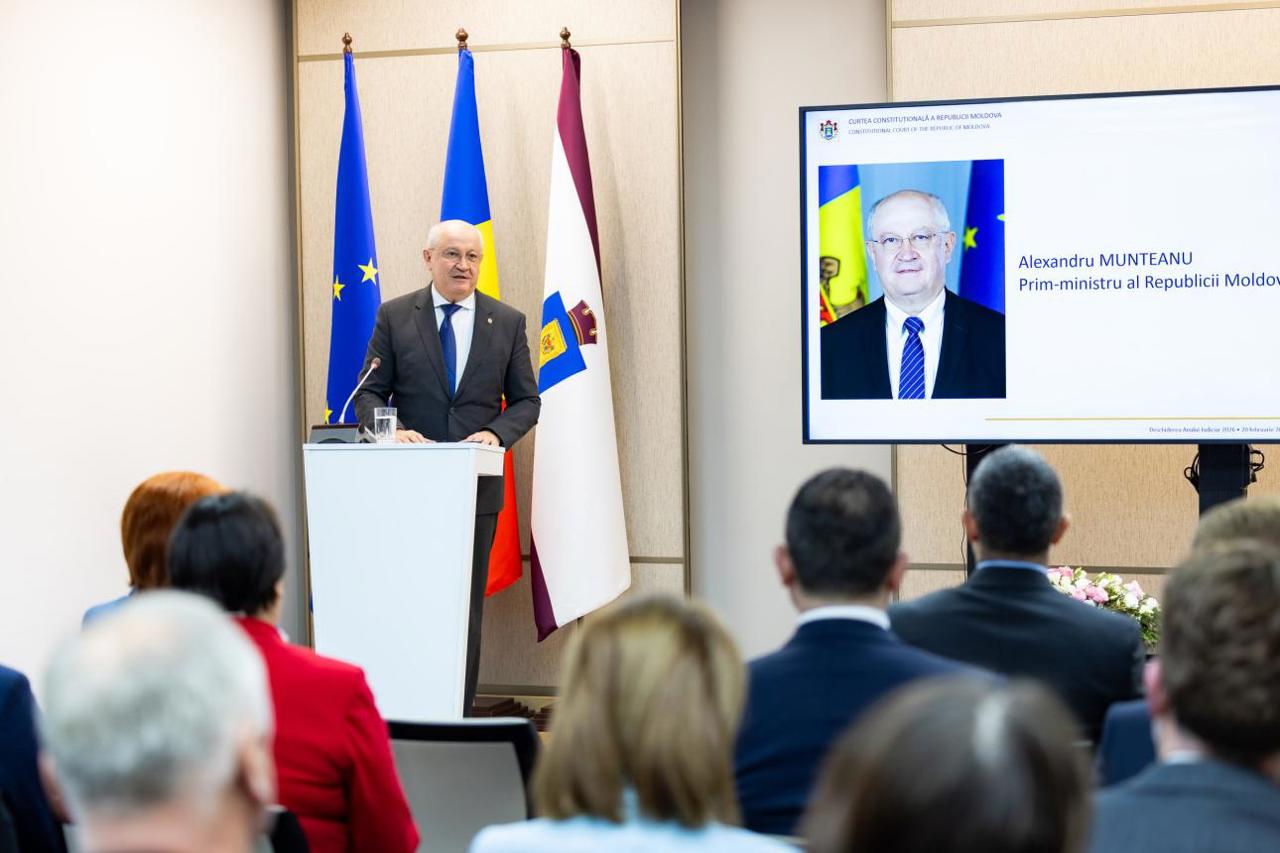U.S. demands control over Ukraine gas pipeline amid talks

The United States has requested control over a crucial pipeline in Ukraine that transports Russian gas to Europe, in a move described as colonial blackmail, according to The Guardian.
American and Ukrainian officials met on Friday to discuss proposals from the White House for a deal concerning minerals. Donald Trump seeks to have Kyiv hand over its natural resources in exchange for weapons provided by the Biden administration.
The negotiations have become increasingly difficult, Reuters reports. The latest U.S. proposal is more "maximalist" than the initial version from February, which suggested offering Washington rare metals worth $500 billion, as well as oil and gas.
Citing a source close to the discussions, the news agency specified that the most recent document includes a request for the U.S. government’s International Development Finance Corporation to take control of the natural gas pipeline.
The pipeline starts in the city of Sudzha in western Russia and reaches the Ukrainian city of Uzhhorod, around 1,200 km away, at the border with the EU and Slovakia. Built during the Soviet era, the pipeline is a key element of the national infrastructure and a major energy route.
On January 1, Ukraine halted natural gas deliveries when its five-year contract with the Russian state-owned energy company Gazprom expired. Both countries had previously earned hundreds of millions of euros from transit fees, including during the first three years of the large-scale war.
Volodymyr Landa, chief economist at the Center for Economic Strategy, a think tank based in Kyiv, stated that the Americans want "everything they can get." He noted that their aggressive, "colonial" demands are unlikely to be accepted by Kyiv.
Last autumn, Volodymyr Zelensky proposed that the U.S. gain access to Ukraine’s underdeveloped mineral sector. He envisioned an agreement where a future Trump administration would supply Ukraine with weapons in exchange for future profits from joint investments.
In contrast, Trump refused to offer security commitments or military support but insisted on obtaining the minerals anyway. Last week, he complained that Zelensky was trying to "back out of a deal" and warned that the Ukrainian president would face "big problems" if he did not sign.
Zelensky stated on Thursday that he was ready to finalize an agreement to modernize his country, but that Ukraine would only agree if there was "parity" between the two parties, with revenues split "50-50."
"I’m just defending what belongs to Ukraine. It should be beneficial for both the United States and Ukraine. That’s the right thing to do," said Zelensky. The U.S. Treasury confirmed that "technical" discussions were ongoing.
Meanwhile, U.S. Special Envoy to Ukraine, Keith Kellogg, clarified that his comments regarding a potential division of Ukraine had been misinterpreted. In an interview with The Times, Kellogg stated that the country could be divided "almost like Berlin after World War II," as part of a peace agreement.
Kellogg clarified on X that he was referring to "a resilience force after a ceasefire to support Ukraine’s sovereignty." According to this plan, Russian troops would remain on the territory already seized by Moscow, while British and French forces would be stationed in Kyiv and other parts of the country.
On Friday, at a meeting of the Ukraine Defense Contact Group, Kyiv’s allies announced a record military aid package of 21 billion euros. They accused Putin of stalling on a proposed 30-day ceasefire agreement that Ukraine had accepted.
Early on Saturday, Russia launched new airstrikes on Ukrainian civilian targets. Three warehouses were destroyed in Kyiv, and two people were injured. The Kremlin fired 70 missiles and 2,200 drones at Ukraine since the U.S. proposal for a ceasefire on March 11, Ukrainian officials reported.
Translation by Iurie Tataru







